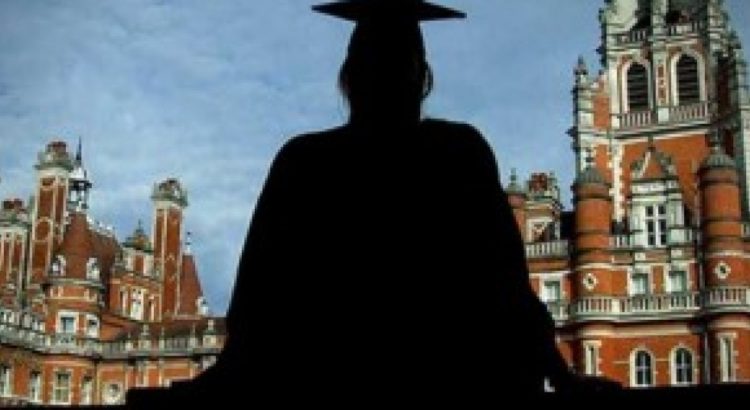Por: Pluma Invitada
Por décadas las instituciones de educación superior (IES) y los centros de investigación públicos han estado sujetos a políticas restrictivas y vaivenes del financiamiento federal. En el Plan Nacional de Desarrollo 2019-2024 se reconoce que Durante el periodo neoliberal el sistema de educación pública fue devastado por los gobiernos oligárquicos; se pretendió acabar con la gratuidad de la educación superior, se sometió a las universidades públicas a un acoso presupuestal sin precedentes
.
La elección de 2018 generó expectativas de cambio, con un gobierno que pusiera fin a las políticas de recortes presupuestales, de límites a la autonomía y la libertad de cátedra y de competencia por fondos y subsidios. En el ámbito de la educación y la investigación, fue un aliciente para que la academia (profesores e investigadores), los estudiantes y los trabajadores se inclinaran claramente en favor de esta opción electoral.
Las políticas que ahora impactan a las instituciones de educación superior, a los Centros-Conacyt y a la investigación en institutos nacionales de salud (INS) y hospitales de altas especialidades (HAE), sin embargo, han generado incertidumbre, decepción e indignación. La Secretaría de Educación Pública y el Conacyt no han definido proyectos específicos, pero de hecho el gobierno los ha fijado con los recortes de la Secretaría de Hacienda, los efectos de la Ley de Remuneraciones de Servidores Públicos y el memorándum del Ejecutivo (3 de mayo de 2019) sobre austeridad republicana. Todo ello se ha sumado a una actitud de descalificación superficial y desinformada de las instituciones y los académicos, acusados de ser privilegiados, corruptos e ineficientes, a partir de casos particulares como el de Sosa en Hidalgo o la estafa maestra.
Entre las acciones más drásticas contra las instituciones de educación superior, de investigación y de salud están las reducciones presupuestales a los INS, HAE y los Centros Conacyt; el congelamiento de fondos a la Universidad Autónoma Metropolitana (UAM), con la consecuente suspensión de becas a estudiantes; la reducción de ingresos a académicos a través de la aplicación de impuestos a becas e incentivos en la UAM, el Cinestav y los Centros Conacyt; el despido de pasantes, residentes y académicos contratados por honorarios en casi todas las instituciones; y el control desde la Presidencia de los viajes de los académicos en IES no autónomas.
Estas políticas de hecho hacia la educación superior y la investigación no han sido presentadas, discutidas ni mucho menos consensadas con las instituciones y las comunidades académicas. Tensan la relación entre éstas y el gobierno federal al desconocer los procesos existentes de colaboración y los mecanismos de diálogo necesarios entre la academia y los diversos órdenes de gobierno. Con estas acciones se vulnera la libertad de cátedra y de investigación, y en el caso de algunas universidades, se violenta la autonomía. En suma, el gobierno ha puesto a la academia en jaque.
Desde la academia hay que debatir y argumentar para mostrar la necesidad de revertir estas decisiones. Al final, como en todo proceso político, esto dependerá de las respuestas y acciones de los actores institucionales y académicos involucrados en defensa de la educación superior y los espacios de investigación públicos.
Fuente: http://www.educacionfutura.org/la-academia-en-jaque/







 Users Today : 13
Users Today : 13 Total Users : 35404636
Total Users : 35404636 Views Today : 14
Views Today : 14 Total views : 3334224
Total views : 3334224